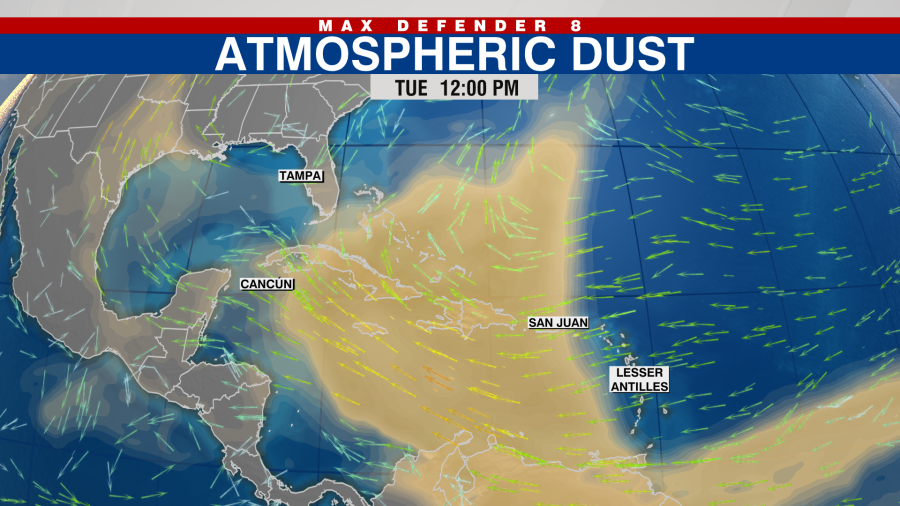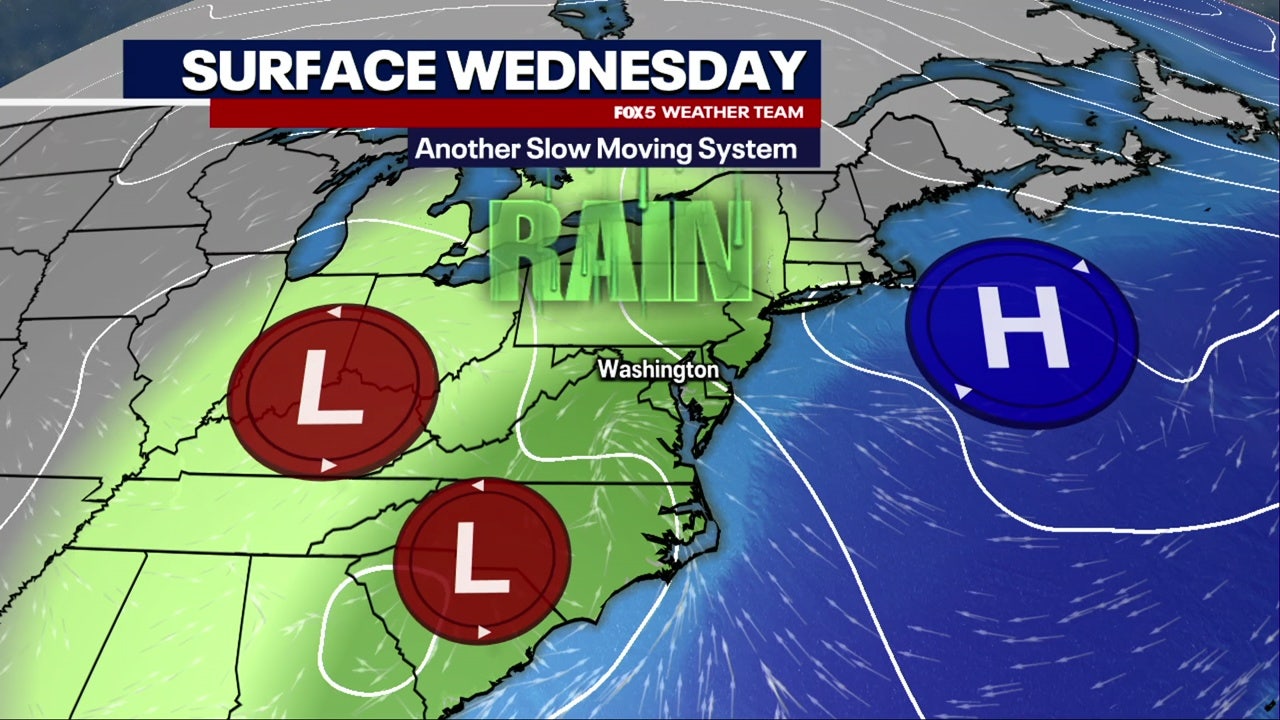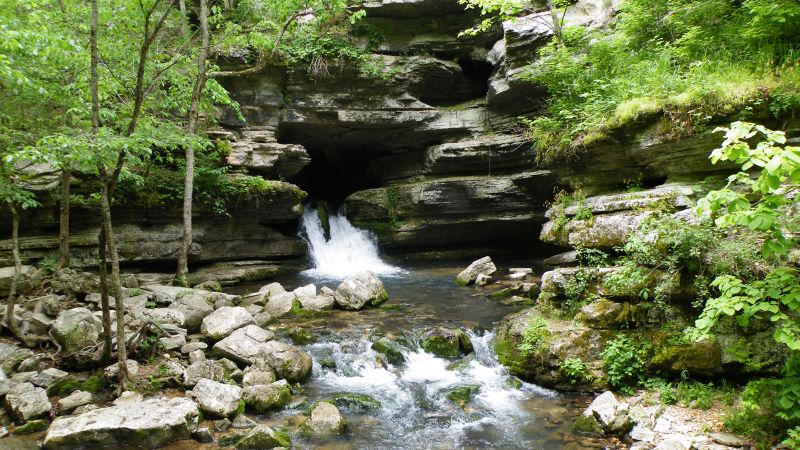Saharan Dust Cloud: Preparing For Reduced Air Quality In Florida

Welcome to your ultimate source for breaking news, trending updates, and in-depth stories from around the world. Whether it's politics, technology, entertainment, sports, or lifestyle, we bring you real-time updates that keep you informed and ahead of the curve.
Our team works tirelessly to ensure you never miss a moment. From the latest developments in global events to the most talked-about topics on social media, our news platform is designed to deliver accurate and timely information, all in one place.
Stay in the know and join thousands of readers who trust us for reliable, up-to-date content. Explore our expertly curated articles and dive deeper into the stories that matter to you. Visit Best Website now and be part of the conversation. Don't miss out on the headlines that shape our world!
Table of Contents
Saharan Dust Cloud: Preparing for Reduced Air Quality in Florida
Florida residents are bracing for a familiar visitor: the Saharan dust cloud. This annual phenomenon, while a natural occurrence, brings with it a significant decrease in air quality, impacting health and visibility across the state. Understanding what to expect and taking preventative measures is key to minimizing the impact of this natural event.
What is the Saharan Dust Cloud?
The Saharan Air Layer (SAL) is a massive plume of dry, dusty air that originates in the Sahara Desert and travels westward across the Atlantic Ocean. This dust cloud, typically arriving in Florida during late spring and summer (June-August), is composed of sand, dust, and pollutants. While it provides nutrients to the Amazon rainforest and influences hurricane formation, it also presents challenges for Floridians.
Impact on Florida's Air Quality:
The Saharan dust cloud significantly reduces air quality, leading to hazy conditions and potentially triggering respiratory problems. The fine particulate matter (PM) within the dust, especially PM2.5 (particles smaller than 2.5 micrometers), can penetrate deep into the lungs causing:
- Respiratory irritation: Increased coughing, sneezing, shortness of breath, and wheezing are common symptoms.
- Exacerbation of existing conditions: Individuals with asthma, COPD, or other respiratory illnesses are particularly vulnerable and may experience worsening symptoms.
- Reduced visibility: The dust can significantly impair visibility, impacting driving conditions and outdoor activities.
- Sunrises and sunsets: The dust often creates vibrant, colorful sunrises and sunsets due to the scattering of sunlight.
Protecting Yourself During a Saharan Dust Event:
The Florida Department of Health (DOH) recommends taking the following precautions during periods of high dust concentration:
- Limit outdoor activities: Avoid strenuous outdoor activities, especially during peak dust concentration times.
- Monitor air quality reports: Regularly check the air quality index (AQI) provided by the Environmental Protection Agency (EPA) [link to EPA air quality index] and the Florida Department of Environmental Protection (FDEP) [link to FDEP air quality resources].
- Stay indoors: If air quality is poor, stay indoors with windows and doors closed, using air conditioning.
- Use air purifiers: Consider using air purifiers with HEPA filters to remove fine particulate matter from the air.
- Hydrate: Drink plenty of fluids to help your body clear out any inhaled particles.
- Consult your doctor: Individuals with pre-existing respiratory conditions should consult their doctor for advice on managing their symptoms during a dust event.
Saharan Dust Cloud and Tourism:
While the vibrant sunsets are a visually appealing aspect of the Saharan dust, its impact on visibility and air quality can affect tourism. Tourists with respiratory sensitivities should be aware of the potential health impacts and plan accordingly, possibly adjusting outdoor activities or bringing necessary medications.
Staying Informed:
Staying informed about the Saharan dust cloud's trajectory and intensity is crucial. Follow local news and weather reports for updates on air quality and health advisories. The National Weather Service and other meteorological agencies provide valuable forecasts and information. [link to National Weather Service]
By understanding the effects of the Saharan dust cloud and taking preventative measures, Floridians can minimize the impact on their health and enjoy the summer months safely. Remember to prioritize your health and stay informed!

Thank you for visiting our website, your trusted source for the latest updates and in-depth coverage on Saharan Dust Cloud: Preparing For Reduced Air Quality In Florida. We're committed to keeping you informed with timely and accurate information to meet your curiosity and needs.
If you have any questions, suggestions, or feedback, we'd love to hear from you. Your insights are valuable to us and help us improve to serve you better. Feel free to reach out through our contact page.
Don't forget to bookmark our website and check back regularly for the latest headlines and trending topics. See you next time, and thank you for being part of our growing community!
Featured Posts
-
 Wednesday Weather Warning Dc Region Braces For Heavy Rainfall And Thunderstorms
May 30, 2025
Wednesday Weather Warning Dc Region Braces For Heavy Rainfall And Thunderstorms
May 30, 2025 -
 Kidnapping Conviction Joshlin Smiths Mother Kelly Jailed In South Africa
May 30, 2025
Kidnapping Conviction Joshlin Smiths Mother Kelly Jailed In South Africa
May 30, 2025 -
 Us Open 2025 Presale Fan Outrage Over Alleged Scandalous Practices
May 30, 2025
Us Open 2025 Presale Fan Outrage Over Alleged Scandalous Practices
May 30, 2025 -
 Roland Garros A Incrivel Vitoria De Henrique Rocha Na Competicao
May 30, 2025
Roland Garros A Incrivel Vitoria De Henrique Rocha Na Competicao
May 30, 2025 -
 Repatriation Request Indigenous Communities Seek Return Of Sacred Items From Vatican
May 30, 2025
Repatriation Request Indigenous Communities Seek Return Of Sacred Items From Vatican
May 30, 2025
Latest Posts
-
 Urgent Appeal Following Severe Dog Attack In Greater Manchester Baby Among Victims
Jun 01, 2025
Urgent Appeal Following Severe Dog Attack In Greater Manchester Baby Among Victims
Jun 01, 2025 -
 The Harassment Of A Transgender Athlete A Reflection On Sports And Humanity
Jun 01, 2025
The Harassment Of A Transgender Athlete A Reflection On Sports And Humanity
Jun 01, 2025 -
 St Johns County Residents React To Possible Tornado Caught On Traffic Camera
Jun 01, 2025
St Johns County Residents React To Possible Tornado Caught On Traffic Camera
Jun 01, 2025 -
 How The Landscape Of Northern Arkansas Aids In Evasion
Jun 01, 2025
How The Landscape Of Northern Arkansas Aids In Evasion
Jun 01, 2025 -
 Court Appearance For Liverpool Car Crash Suspect City Reeling
Jun 01, 2025
Court Appearance For Liverpool Car Crash Suspect City Reeling
Jun 01, 2025
